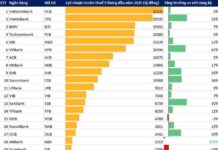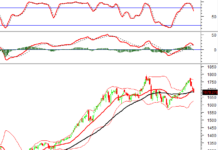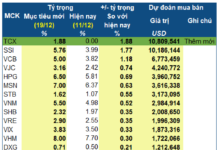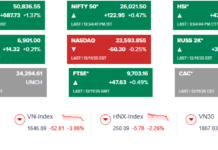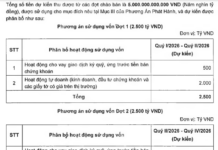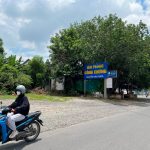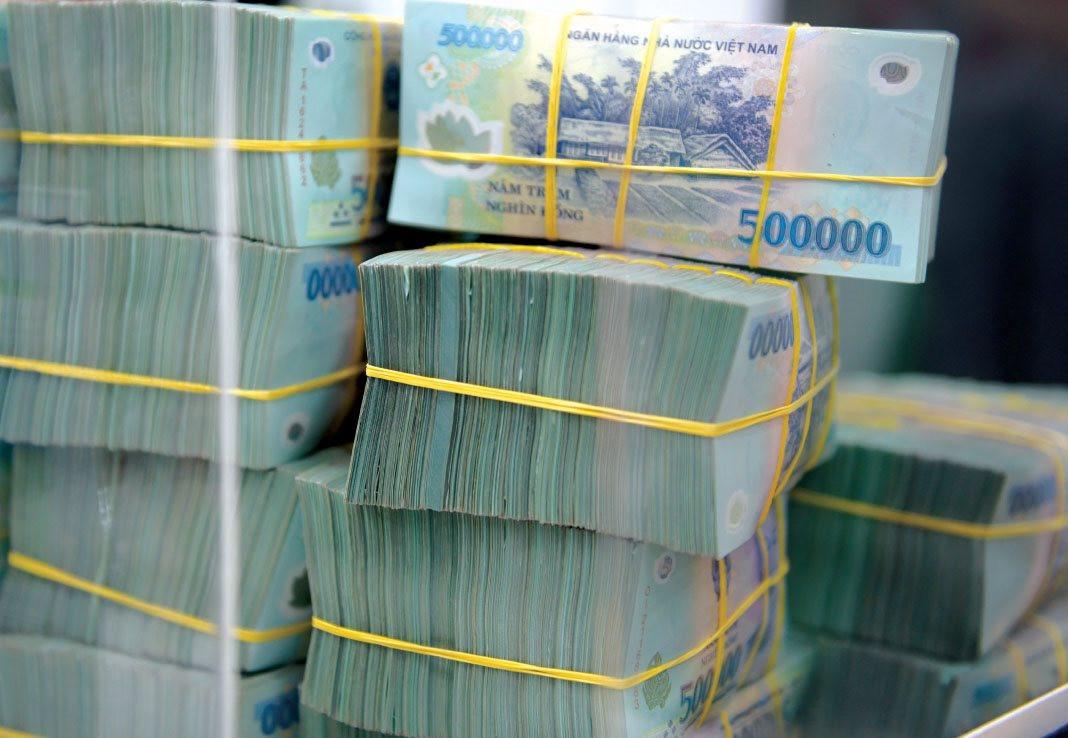Tech Unicorn Forced to Set Up Headquarters in Singapore
On August 21, the Government Portal organized a seminar on “Tax Policies – Digital Assets and Business Responsibilities.”
At the seminar, Phan Đức Trung, Vice President of the Vietnam Blockchain Association, shared that, according to a report by Chainalysis, a market analysis organization, in 2022, about $100 billion in crypto assets flowed into Vietnam. This number grew to $120 billion in 2023. In 2021-2022, Vietnam consistently ranked third globally in terms of crypto asset ownership among its citizens, only after the UAE and the US.
Mr. Trung emphasized that when discussing digital assets, it’s not just about the sheer volume of capital flowing into Vietnam but also the competitive landscape in the region. Many countries in the area are enacting laws and policies to promote a legal framework for these asset classes to positively contribute to their economies, rather than viewing them negatively as a potential threat to economic stability.
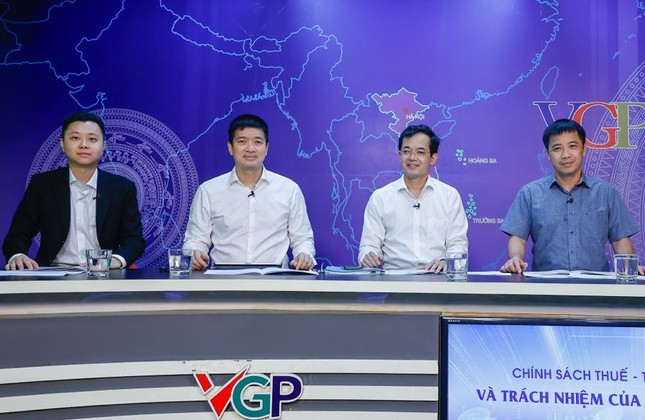
Seminar participants engage in a discussion.
Đậu Anh Tuấn, Vice Secretary-General and Head of the VCCI Legal Department, shared that the draft Law on Digital Technology Industry introduces the concept of digital assets. While digital assets and cryptocurrencies have already gained significant traction in practice, Vietnam lacks a legal framework for this new asset class. Therefore, for the first time, the draft Law on Digital Technology Industry defines digital assets in Article 8.
Mr. Tuấn highlighted that only with a formal legal framework can investment and business activities in the field of digital assets truly take shape and flourish. “Due to the absence of an official legal framework, Sky Mavis, a Vietnamese tech unicorn with a gaming ecosystem and a purely Vietnamese enterprise, had to choose Singapore as its base of operations,” he added.
The VCCI Legal Department head affirmed that numerous transactions involving digital assets have already taken place, and without a legal framework, these transactions become risky and fragile, leaving participants unprotected.
“Vietnam needs to consider and expeditiously promote a legal framework for digital assets and related transactions,” asserted Mr. Tuấn.
Preventing Fraud and Collecting Taxes and Fees
From a tax perspective, Trương Bá Tuấn, Deputy Director of the Department of Management, Supervision of Tax, Fee, and Charge Policies (Ministry of Finance), shared that even without a legal framework for digital assets, transactions in this space still occur through foreign exchanges and individuals.
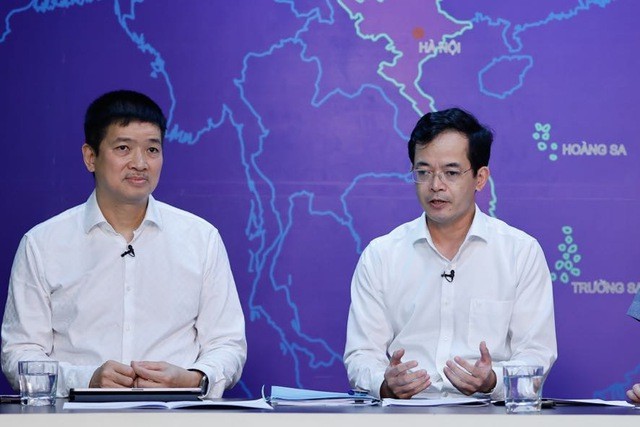
Mr. Trương Bá Tuấn, Deputy Director of the Department of Management, Supervision of Tax, Fee, and Charge Policies (right)
Therefore, the Deputy Director emphasized the necessity of establishing a legal framework for digital assets. This framework should provide clear definitions and legal positions for digital assets, along with their distinctive characteristics. This will enable relevant state management agencies to formulate synchronized legal policies and take appropriate measures.
To effectively manage this issue, Mr. Trương Bá Tuấn suggested involving not only the Ministry of Finance but also other relevant ministries and sectors. In the event that the draft Law on Digital Technology Industry is passed by the National Assembly, the Ministry of Finance will implement related matters, including refining tax policies.
Đậu Anh Tuấn, Head of the VCCI Legal Department, also emphasized the need for a legal framework to collect various taxes, such as value-added tax, personal income tax, and corporate income tax. Additionally, a legal framework would help prevent situations where exchanges raise funds from investors and then collapse, leaving investors with significant losses, as witnessed in the past.
Real Estate Prices Continue to Plummet in 5 Outer Suburbs: Củ Chi, Hóc Môn, Bình Chánh, Cần Giờ, Nhà Bè Proposed as 3 New Cities
Recently, the proposal to divide the suburban districts of Củ Chi, Hóc Môn, Bình Chánh, Cần Giờ, and Nhà Bè into 3 new cities has attracted attention in the real estate market of the South.









